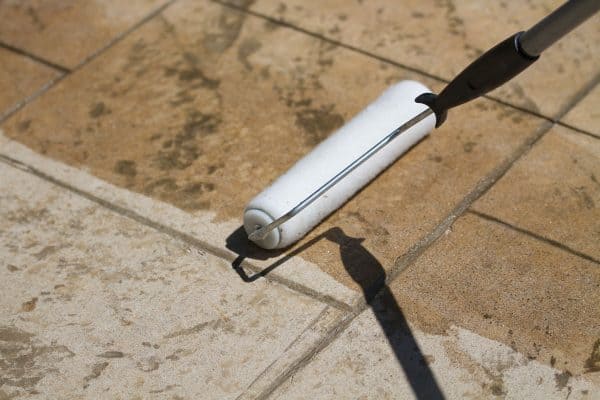Disclosure: We may get commissions for purchases made through links in this post.
Travertine pavers are one of the most commonly used materials that we see in hardscaping designs. But have you ever thought of putting travertine pavers on your pathways and driveways but are hesitant if they are durable enough to be driven or even parked on? Well, this article is the right one for you. In this write-up, we have scoured the internet and asked the experts if you can drive on travertine pavers.
Travertine pavers (whatever their iterations are) can withstand the weight of a vehicle driving and even parking on them. As long as it is properly installed and well maintained, you can expect your travertine pavers to last you for decades. A great feature of travertine is that it looks expensive and at the same time it is not delicate. It can take a beating and is one of the most durable pavers you can have for your driveway.
Interested to learn more about the strength and durability of travertine pavers? Stick around as we answer other related questions about travertine being still in style today, maintaining your travertine pavers, and many more.
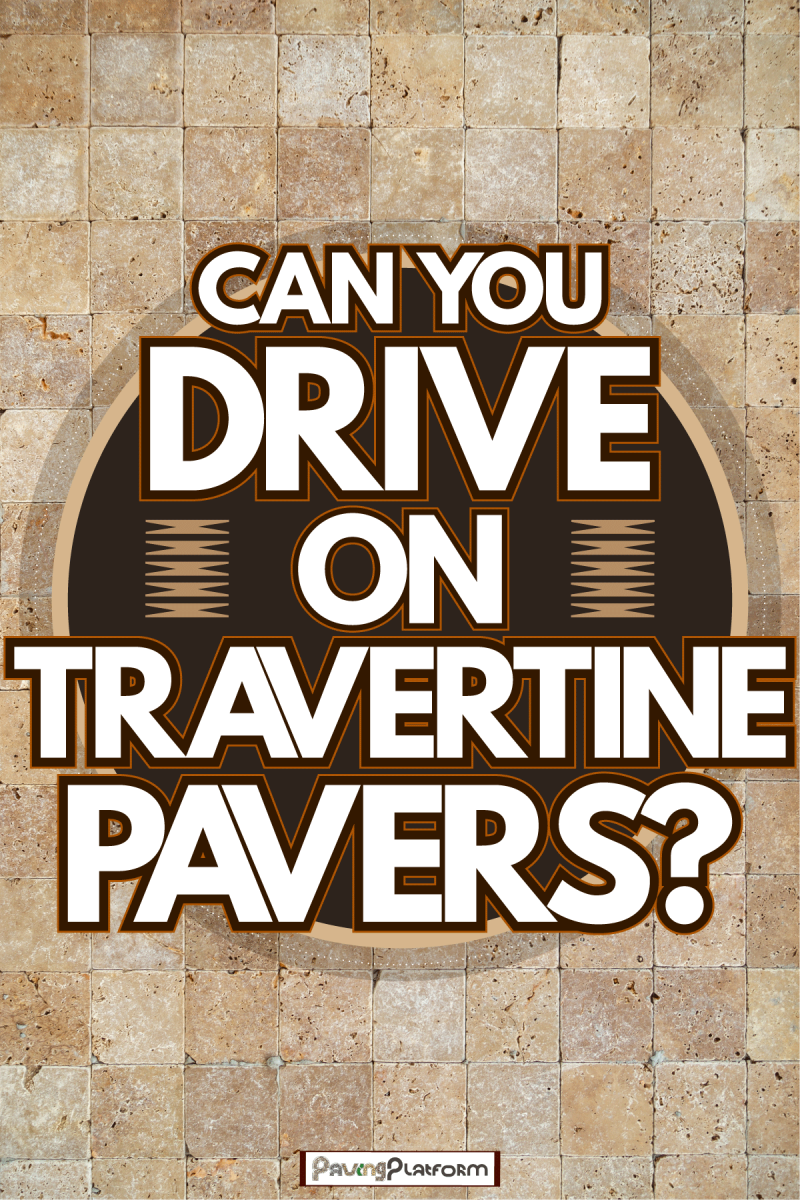
Is travertine good for a driveway?
Your driveway serves as part of the face of your house. When you have visitors or you are pulling up onto the house, the first thing that will be noticed is the driveway. It can give the first impressions about your house and even the tenants living in it. That is why it is integral to have a clean and pleasing driveway as it can boost the overall perception of your property.
And that is why travertine is very famous as pavers for driveways and path walks. Compared to regular concrete, travertine is more stylish and can come in varieties. This gives you the option to choose which style best suits the look that you are going for.
Travertine can come in white, brown, red, orange, and yellow. You also have options for travertine tiles which are primarily commercial, standard, and premium.
For pavers, you have the cross cut and the vein cut travertine. You have the option for different finishes which are mainly chiseled polished, honed, filled, and tumbled pavers.
These features of travertine give it a great edge over concrete pavers. With the plethora of combinations and designs that you can have with travertine, your driveway will surely stand out. This also helps in increasing the value of your property as it adds a more luxurious and aesthetic touch to it.
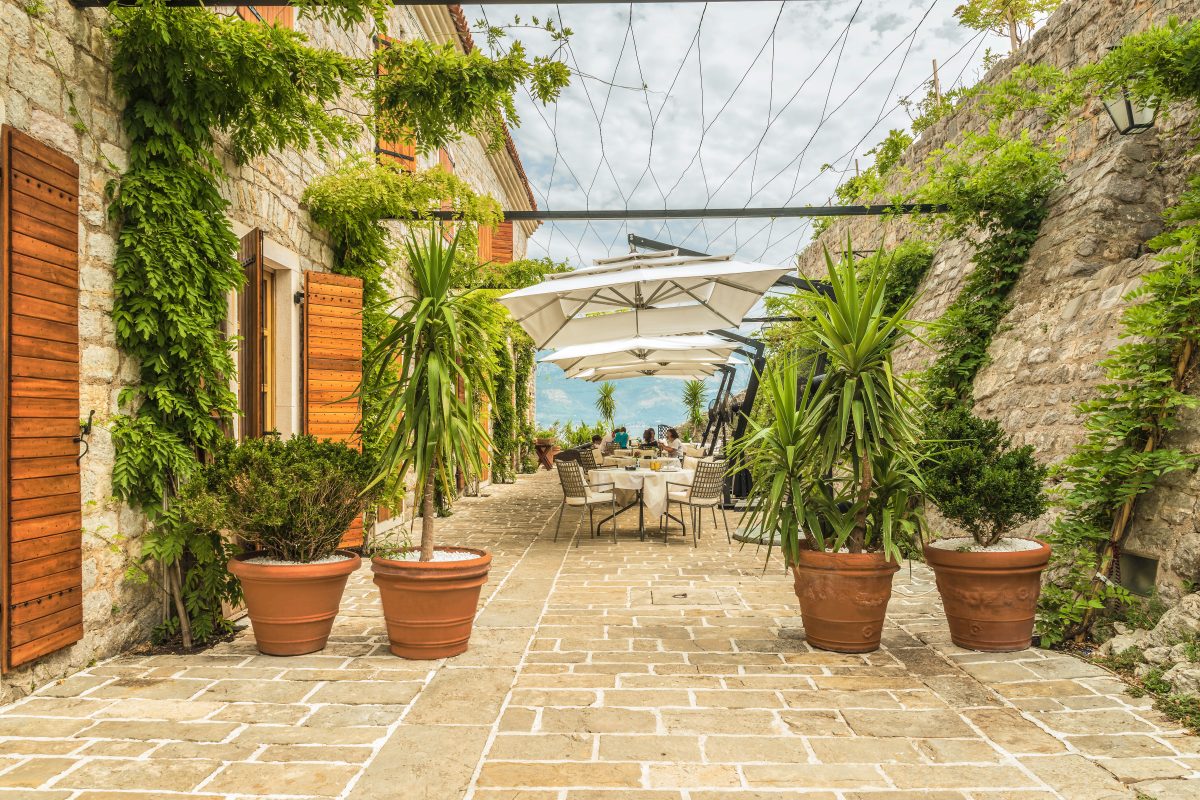
How much weight can travertine pavers hold?
The robust quality of this naturally occurring stone is rated at 8,000 lbs per square inch. This makes travertine very suitable and durable for parking way pavers. Coupled with its durability to weigh heavy objects, travertine does not easily fade out in color even under constant exposure to the elements.
It is imperative to have travertine installed properly. If you lack the experience and knowledge to do such, it is better off to hire a professional to max the potential of travertine.
Improperly installed ones can easily crack and will not last a long time. Pavers have to be sealed properly as their number one enemy is moisture, this is also true with travertine.
Another advantage of having professionals install your travertines is the comfort that you will have to deal with construction. Usually, with professional work, travertine paving can be much faster and less messy as they are equipped with the proper knowledge and tools to lay them.
You can also consult on the proper design patterns and pallets to be used in your hardscaping project.
Is travertine still in style today?
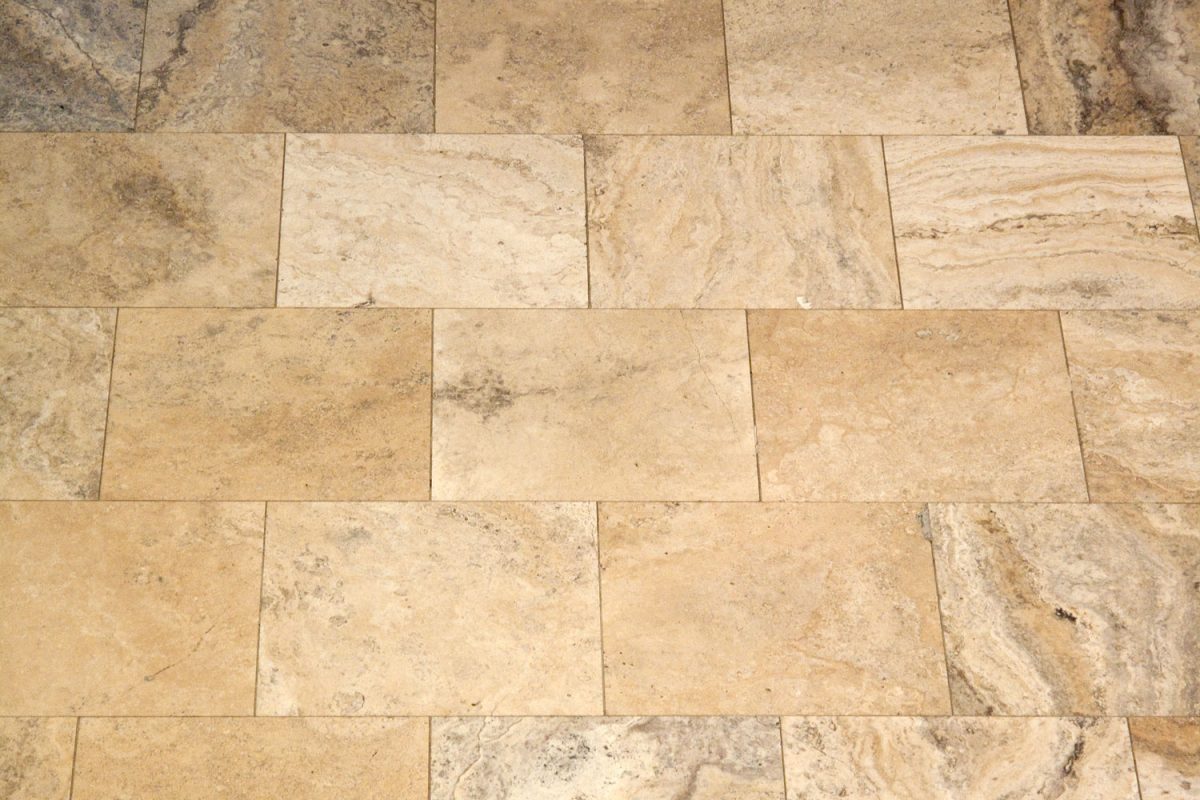
Yes, travertine is still definitely in style even up to this day. Aside from what we have discussed above, travertine has many advantageous properties and aesthetic properties, making it still in style for several decades to come.
Travertine's abundance also makes it a wise choice as supplies for this type of pavers are easy to find. They are usually found in hot springs and volcanic soil where they form from limestones.
If you are going for a more eco-friendly choice for pavers, then travertine is great for you. Since it is naturally occurring, it will not need any artificial process to be created or manufactured, they are only shaped or cut out.
Because of their endurance, they can still be recycled and used for other decorative purposes when you decide to remodel your driveways.
How do you maintain travertine pavers?
No matter how beautiful a pattern or pallet of travertine you have laid out on your driveway, without the proper maintenance, your pavers will look dirty and not pleasing to the eyes.
Aside from normal water, you can use a pressurized one through a compressor. A compressor uses air to release pressurized water that can easily remove and rinse away dirt and gunk buildup on the sides and seams of your pavers. It also uses less water compared to the non-pressured one.
Another alternative is choosing natural stone-specific cleaners. Now with these cleaners, you are sure that they will not leave any damage to your travertine even on daily use. They are treated in a way that is strong enough to remove the dirt buildup on your pavers and at the same time not harsh that it will leave stains or undesirable patterns on the surface.
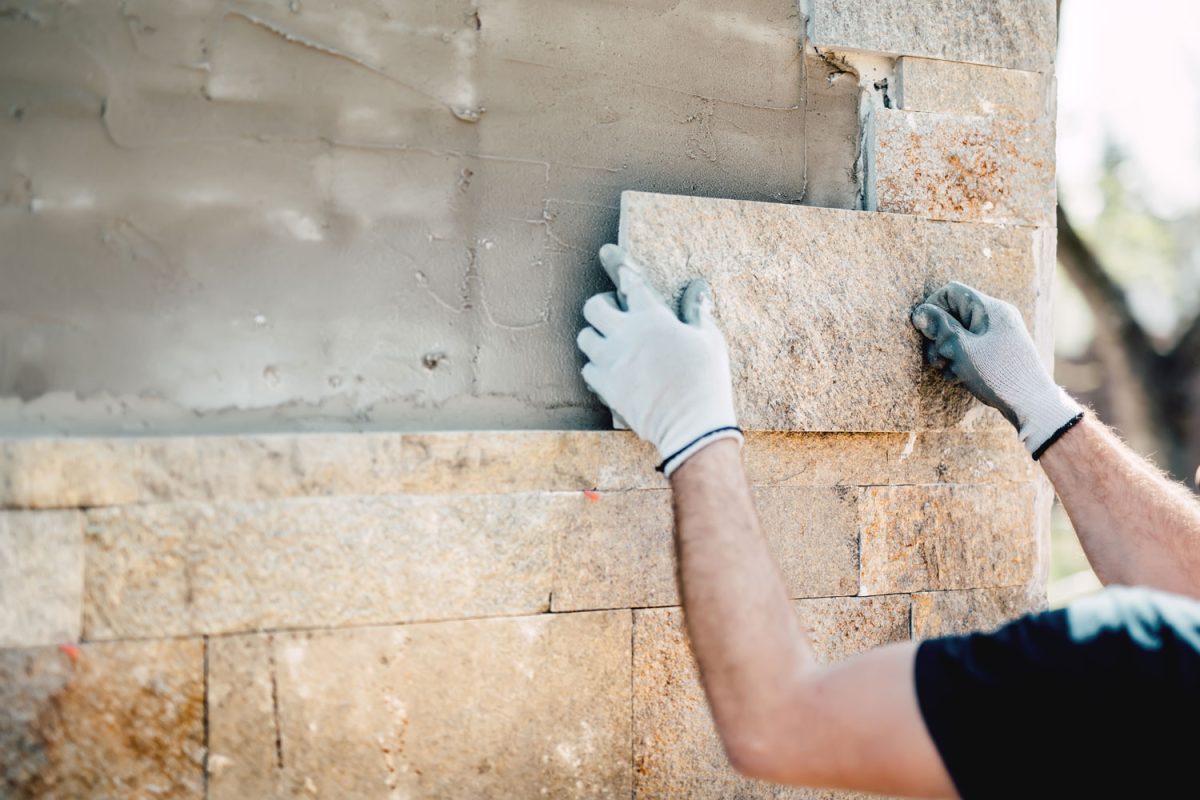
Fortunately, travertine is one of those pavers that are low-maintenance. You need not worry about how often you have to do a thorough clean with your pavers.
The good thing about pavers is that when they are often seeing traffic and activity, they tend to be a lot easier to maintain compared to unused ones. Washing with pressurized water once a week is one easy and quick maintenance for your travertine driveways.
How much does it cost to clean and seal travertine pavers?
The overall cost of cleaning your travertine is highly dependent on the size of your driveway where it is laid, but you can expect an average of anywhere between $1-$2 per square foot. Prices also vary with the type of service and location, so you might have to consider those factors.
Cleaning helps maintain your pavers from stains completely drying off on their surface. This prevents these stains from marking on them permanently, especially if treated immediately. Doing such will also prevent the use of harsh chemicals just to take them off.
That is why regular inspection of your pavers is another way of doing proper maintenance.
What other pavers are good for driveways?
Other famous choices for driveway pavers are bluestone, brick, concrete, and flagstone. All of these pavers have their pros and cons. Some are more expensive compared to others, while some are better for specific designs and themes. But one thing is common with these pavers—they are all durable.
You have plenty of choices to choose from. If you are going for a more rustic and hard look, brick pavers are a great choice. Concrete pavers are the most economical and budget-friendly choice, they are also the most common.
Another famous natural stone in construction and hardscaping is flagstone. While marble is not just for expensive sculpture arts but also for your driveways and path walks.
Can you use Swiffer on travertine tiles?
As you know well by now, travertine is a natural stone, and Swiffer wet attachments can be dangerous to natural stones. The chemical compounds in this specific product are strong enough to damage travertine, especially aesthetically.
You can use a dry attachment or a Swiffer style mop to avoid any discoloration when maintaining your travertine.
Check out Swiffer dry mops on Amazon.
Can you use Windex on travertine tiles?
Just like Swiffer, Windex can also pose a potential danger to your travertine. The very occasional use of Windex can be safe, but regular use on its surface can cause harsh discoloration. It is still best to just use warm water and mild soap for regular care.
In the next section, we will talk about the proper maintenance for your natural stone pavers.
In Closing
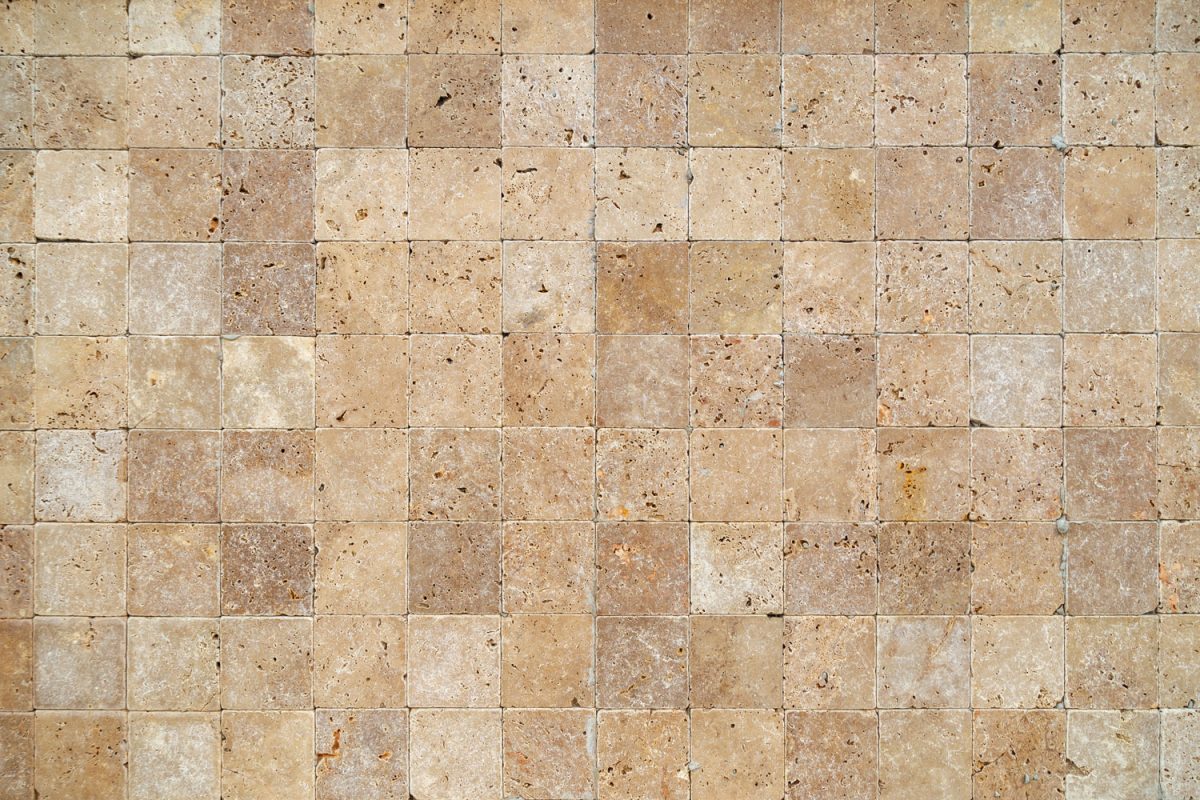
Travertine is more than durable enough to be used as driveway pavers. They are naturally occurring rocks that are eco-friendly, budget-friendly, and easy to maintain.
They are not sensitive pavers. They can hold out well through the adverse effects of weathering. And since they have an abundance of supplies and a plethora of options and combinations to choose from, travertine pavers will likely still be in style for the foreseeable future. You will never go wrong with travertine pavers.
Have a look at these related articles that you might find interesting:


![Vibrant Red Paver Stone Path, Can You Spray Paver Sealer? [How To Apply It]](https://pavingplatform.com/wp-content/uploads/2022/04/Vibrant-Red-Paver-Stone-Path-600x400.jpg)
![Properly laid out red pavers for a garden, Can You Tint Paver Sealer? [And How To]](https://pavingplatform.com/wp-content/uploads/2022/04/Properly-laid-out-red-pavers-for-a-garden-600x400.jpg)
